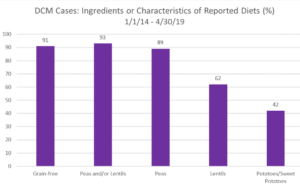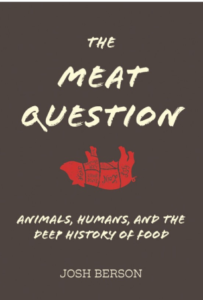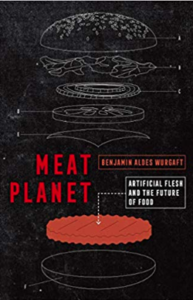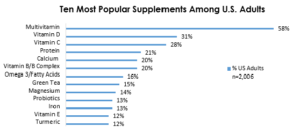Should dogs eat pea and lentil proteins?
Plant proteins for dogs? I’ve written about this before, but now there’s more.
Contrary to prevailing rumor, dogs are well documented to be able to digest grains. Whether grains are optimal for dogs is another matter and I sure wish we had some decent research on the question.
What we do have is pet-food makers scrambling to sell pet foods to owners convinced that grains are bad for their dogs. These products are often made with proteins extracted from peas and lentils.
The FDA has gotten reports that dogs fed such pet foods have developed a form of heart disease called Canine Dilated Cardiomyopathy (DCM).
The FDA is investigating whether grain-free pet food could be linked to DCM, and it posts the data on reported cases online.
When the FDA asks owners what dogs with DCM ate, this is what it finds.

Not displayed here are cases of DCM among dogs eating standard commercial pet food. Those are listed here.
What causes DCM and why so many cases are associated with plant proteins is not known. One hypothesis is deficiency of taurine (synthesized from sulfur-containing amino acids) in pea and lentil proteins, but adding taurine to diets does not seem to help.
Pea and lentil farmers have complained to the FDA that its warning is hurting their business. Pet Food Industry reports that sales of grain-free pet foods have declined since the FDA announcement.
The author of a 2016 book about obesity in pets and conflicts of interest in the veterinary nutrition community, who is also the founder of a plant-based pet food company thinks that plan-based ingredients have nothing to do with this.
While the arguments are raging and the FDA continues investigating, what to feed your pet?
Basic advice (from my book with Malden Nesheim, Feed Your Pet Right,” which is actually an analysis of the pet food industry):
- If you are using commercial foods, make sure they say they are “complete and balanced” and have been tested at some point.
- If you are cooking for your pet, make sure your recipe includes the needed nutrients (we give generic recipes in the book)
- Know that no evidence exists that expensive pet foods are better than cheap ones (that research has never been done)
- Vary the products you use. Variety, balance, and moderation work just as well for pets as they do for people.
- Most important: do not overfeed. Calories count!




